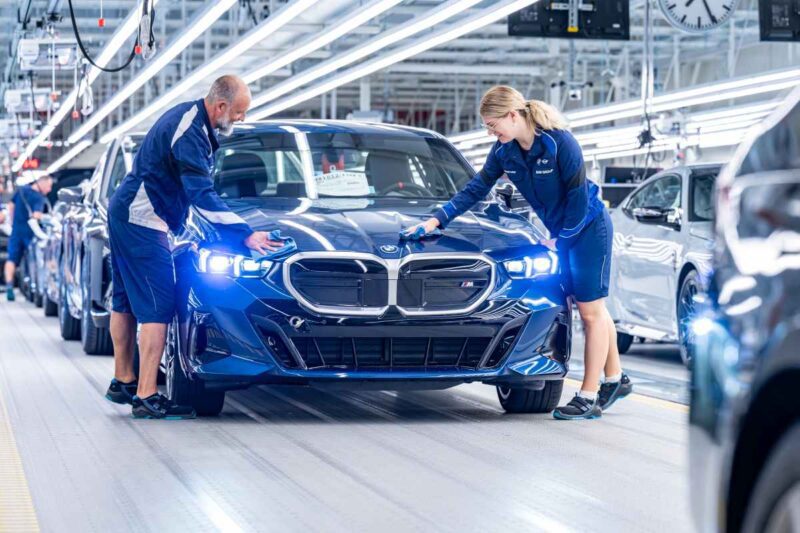Demand for purely battery-electric vehicles (BEV) dropped dramatically in Germany during the first half of 2024 and the country’s automotive sector is bracing for a gloomy full year as high prices and leasing rates hamper business.
According to automotive industry association Zentralverband Deutsches Kraftfahrzeuggewerbe (ZDK), which carried out a recent survey of 348 car dealerships, BEV orders from private customers fell by 47 percent in the first six months compared to the same period last year, while demand for diesel and gasoline engines increased by 24 percent.
Industry representatives therefore are calling for new market incentives and improved charging infrastructure to boost e-mobility.
The situation was less severe in the commercial sector, which saw BEV orders fall by 41 percent and plug-in hybrids by 33 percent, while orders for diesel and gasoline engines rose by 20 percent, the ZDK survey found. However, things look bleak for the year as a whole, with 91 percent of respondents rating the order situation for BEVs from private customers as “very bad” or “bad.”
“The significant decline in orders for BEV and PHEV (plug-in hybrid electric vehicles) in the first half of the year makes it clear how difficult the situation is in car dealerships,” said ZDK president Arne Joswig.
“And the expectations for the year as a whole also give little hope that anything will change.” High prices and leasing rates are seen as a major obstacle to the ramp-up of e-mobility, combined with expected low residual values and difficult-to-calculate resale values, he argued. “We therefore expect manufacturers to create market incentives now through low prices and low leasing rates,” Joswig added.
The industry group German Electric Mobility Federation (BEM) already in mid-2023 warned that the German government’s aim of having 15 million electric cars on the road by 2030 could move out of reach if electric vehicle sales do not go up fast.
Subsidies for EV production were cut in 2023, impacting producer’s margins and their willingness to move away from combustion engine vehicles. A new support mechanism for accelerating the EV roll-out through increased tax write-offs for company cars therefore has been received with high hopes by the automotive industry.
Clean Energy Wire. Reproduced with permission.

